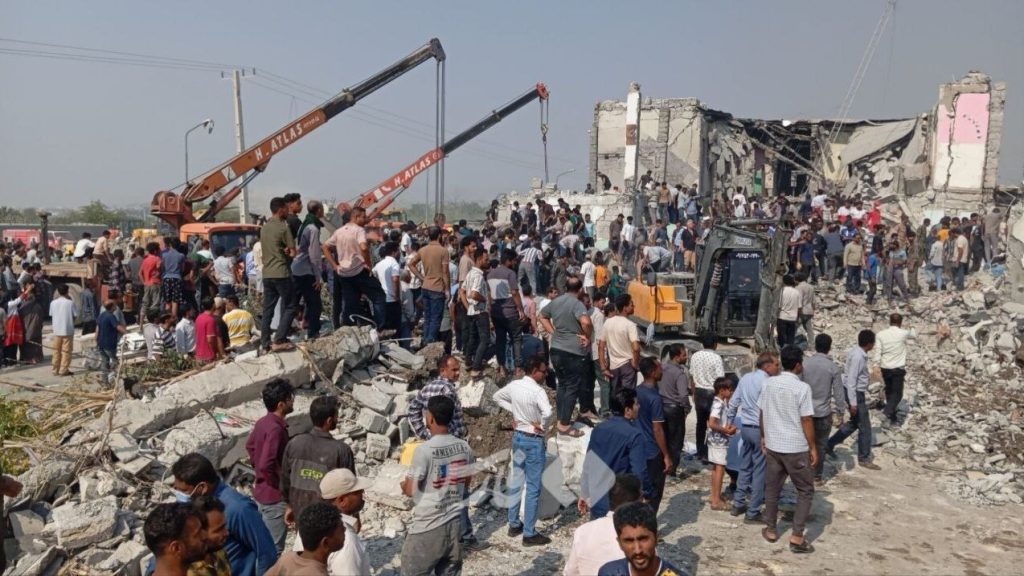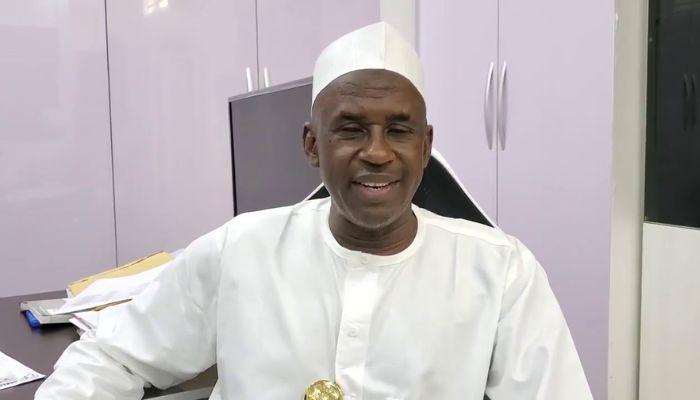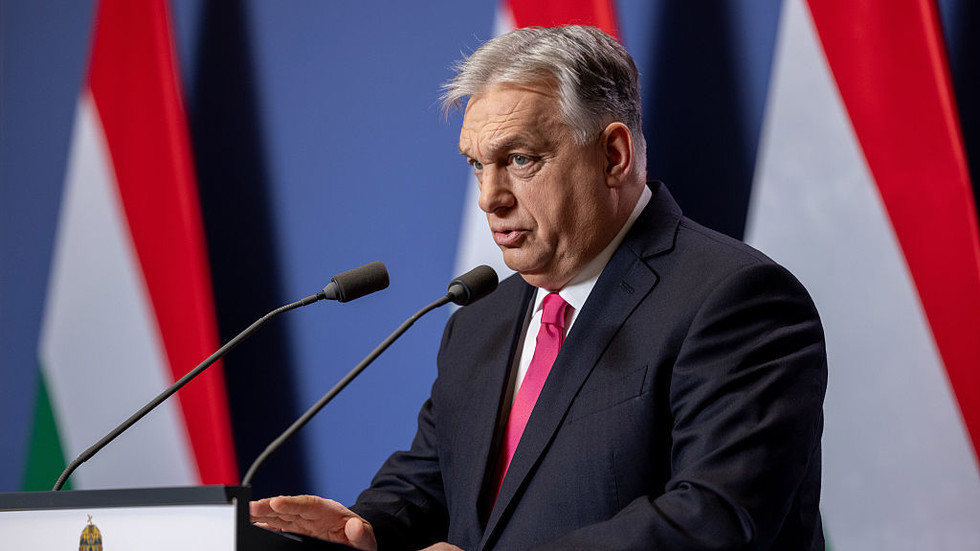The Kwara State government in north-central Nigeria has begun constructing new administrative offices to expand workspace for civil servants, aiming to improve public service efficiency. The project’s launch in Ilorin, the state capital, follows recent claims by the opposition Peoples Democratic Party (PDP) alleging plans by the ruling administration to build a new Government House—a charge officials have firmly denied.
Commissioner for Housing and Urban Development Dr. Segun Ogunsola clarified during the groundbreaking ceremony that the one-story facility, located near the Deputy Governor’s Office and existing Government House complex, will house conference rooms and multiple workspaces. He emphasized the development aligns with Governor Abdulrahman Abdulrazaq’s broader agenda to modernize infrastructure for government workers. “These offices will address current operational gaps and support efficient governance to benefit residents across urban and rural communities,” Ogunsola stated.
The PDP had earlier criticized the administration through its spokesperson Olusola Adewara, alleging undisclosed plans for a new Government House—a term often referring to official residences or administrative hubs for top state officials. Ogunsola dismissed these claims as “false,” reiterating the project’s focus on functional workspace expansion rather than executive accommodations.
Scheduled for completion within 12 months, the building will undergo strict quality oversight to meet specifications, according to the commissioner. The initiative reflects ongoing efforts to address overcrowding in government facilities, a challenge in many Nigerian states grappling with outdated infrastructure and growing public sector demands.
Kwara, like much of Nigeria, faces pressure to upgrade administrative systems amid rising citizen expectations for service delivery. Analysts note that such projects, while politically scrutinized, could streamline bureaucratic processes if implemented transparently. The state government’s move underscores a balancing act: prioritizing practical investments while navigating partisan critique in a region where infrastructure gaps often intersect with public distrust.



